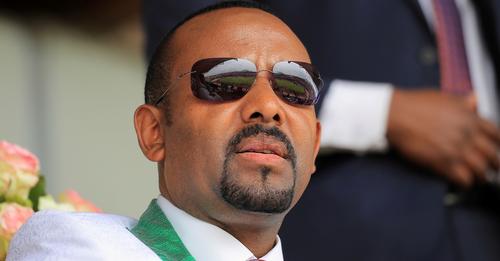Africa
Talk of birr devaluation is “absolutely false,” according to Ethiopia

The birr’s official exchange rate to the dollar, which Ethiopia manages, is around half that of the black market rate.
Ethiopia’s junior finance minister says that rumors that the birr currency will be devalued are “absolutely false.” This is because Ethiopia is applying for a loan from the IMF after agreeing to a ceasefire in its two-year civil war.
Statistics from Refinitiv Eikon show that the birr is worth 53.42 US dollars right now, but it seems to be worth 96 to 97 US dollars on the black market, and the country has been short of foreign currency for a long time.
Eyob Tekalign, a state minister in the Ministry of Finance, stated on Twitter on Thursday that there is a “widespread notion that a devaluation is in the works.” It’s just a rumor, says I., completely unfounded.Although a sensible macroreform is always on the table, there should be no worry about a simple devaluation.
Ethiopia manages the birr’s exchange rate, allowing it to appreciate against the dollar gradually. To address an inflated currency and a lack of foreign exchange, the IMF suggested switching to a market-determined exchange rate in 2020.
Early in 2021, the second-most populous nation in Africa asked for debt restructuring, but the two-year civil conflict in its Tigray area slowed down the process.
On November 2, the Tigray People’s Liberation Front, a former rebel group that has since become a political party, and the government of Ethiopia reached a cease-fire. The conflict, which also had a negative effect on the economy, caused the displacement of more than two million people.
The government has asked the IMF for help. Before it agrees to a loan program, the IMF needs a promise from a country’s creditors that they will reduce their debt.
The IMF frequently demands that countries adopt an exchange rate that is more flexible. For instance, after switching to a more market-determined FX regime in accordance with the terms of an IMF program, Egypt’s pound declined.
In an interview with Reuters in October, Eyob said, “We’ve made it very obvious we want to modernize our forex system, so the exchange rate unification remains one major policy goal, but we are just implementing it gradually.”
